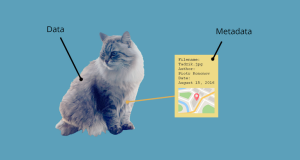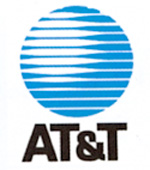Competitive Broadband Fiber
Controlling Data for Good
He who has the data rules, and data is most powerful when part of a system.
Read moreCloudflare and the Cloudless Cloud
Harnessing the edge is a good thing, but it won’t create a problem until cloud demand slows. When it does,...
Read moreThe 2020s: The Machine Internet
I for one welcome our coming machine overlords.
Read moreA New and Better Future
As amazing as what has come before has been, there are immense changes sitting right on our doorstep.
Read moreFacebook Knows It Can’t Beat Google
Google recognizes its cost advantage and soft-pedals it, refusing to capitalize fully on it, giving it away in the form...
Read moreScott Cleland’s Game: Turn Google Into AT&T
What's true for a black mother of 10 is doubly true for a corporation worth hundreds of billions of dollars....
Read moreScott Cleland’s Game: Turn Google Into AT&T
What's true for a black mother of 10 is doubly true for a corporation worth hundreds of billions of dollars....
Read moreFree the WiFi
It shouldn't be necessary to "create" municipal WiFi networks. They should be created adhoc, by people simply leaving their gear...
Read moreThe Myth of the Telco Cloud
Does Savvis have a cloud? No, they have hosting centers and fiber lines. Does CenturyLink have a cloud? No, it's...
Read moreAfter the Carrier Death Spiral, Google
So the core of the Net is dominated by Google, while the last mile pays monopoly rents to AT&T, Verizon,...
Read more

















